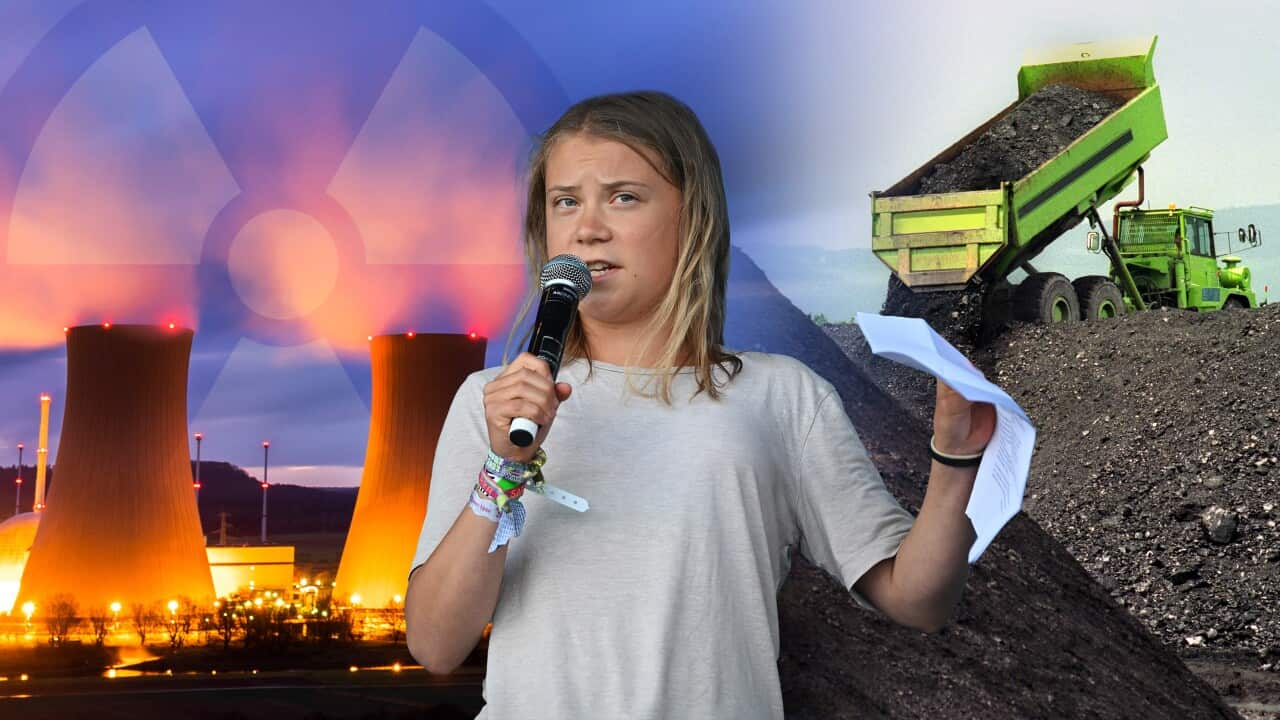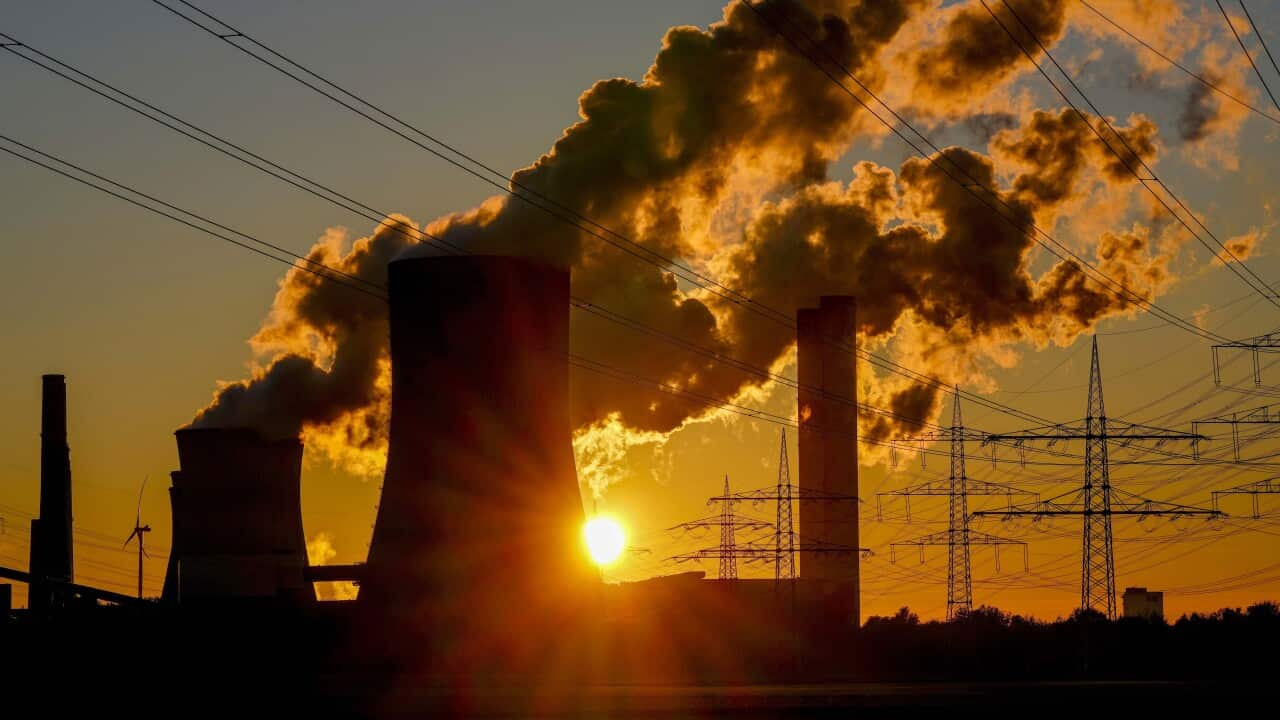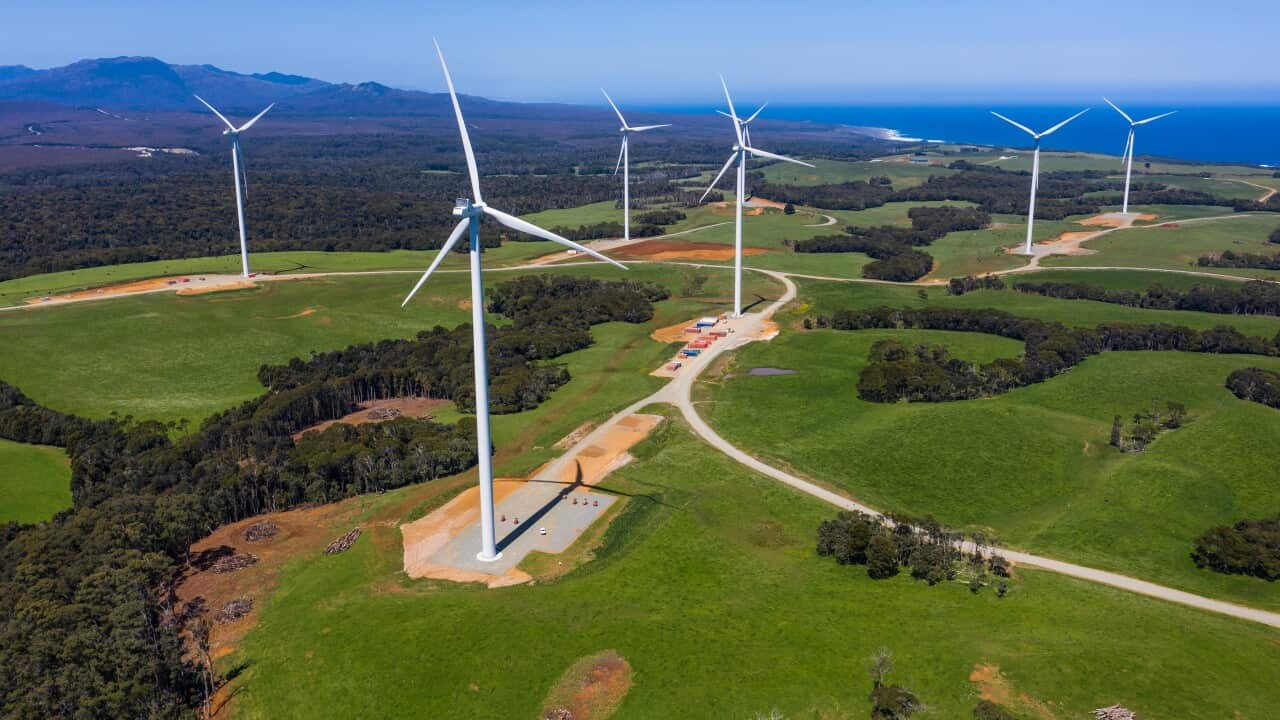Key Points
- Is nuclear power safe?
- Greta Thunberg has weighed into the debate amid a growing energy crisis.
Energy prices are soaring around the world as nations scramble to find alternatives to and oil, sparking fresh debate over the risks and benefits of nuclear power.
Climate activist Greta Thunberg this week criticised Germany’s decision to reopen coal power plants rather than rely on existing nuclear energy sources to get through the upcoming winter.
Germany began gradually phasing out nuclear power following , and was due to complete its closure of nuclear plants by the end of this year.
However, the German government has since said it will extend the operating time frame for two of its last nuclear plants until April 2023 as the nation braces for a winter without Russian gas.
At the same time, the government has moved to reactivate multiple coal and oil power plants to alleviate its growing energy crisis, while still promising to phase out coal entirely by 2030.
Ms Thunberg told German television program Maischberger that it would be a “mistake” for Germany to shutter its existing nuclear plants in favour of reopening coal plants.
"I personally think it's a very bad idea to focus on coal when [nuclear] is already in place," she said.
However, in July, Ms Thunberg opposed nuclear power being approved as a form of clean energy by the European Union as it moves to reduce carbon emissions.
“No amount of lobbyism and greenwashing will ever make it "green". We desperately need real renewable energy, not false solutions,” she wrote on Twitter.
In the Maischberger interview this week, Ms Thunberg described the conversation over nuclear power as a “very infected debate”, while warning that Russia’s war on Ukraine should not distract from the growing climate crisis.
"Every war is a disaster. On many levels. But we must be able to focus on different things at the same time," she said.
Director of the Australian National University's Energy Change Institute, Kenneth Baldwin, told SBS News that while countries such as Germany are scaling up renewable energies “very rapidly”, they “can't do it at the rate needed to compensate for the loss of Russian gas”, leaving the nation with a dilemma over whether to increase its reliance on nuclear or coal.
“The timeframe that [Germany] is worried about at the moment is what's going to happen this coming winter,” Professor Baldwin said.
“So installing lots of solar and wind is just not going to be possible in that timeframe.”
In contrast to Germany, France is better insulated against the current energy crisis due to its embrace of nuclear energy, Professor Baldwin said.
According to the International Atomic Energy Agency, France derives 69 per cent of its power from nuclear.

France leads the top 10 countries most reliant on nuclear power. Source: SBS News
"It's very interesting to see the different approaches in those two countries to the current energy crisis brought on by Russia's invasion of Ukraine."
How nuclear and coal compare
The United Nations has repeatedly warned of the need to swiftly phase out coal in order to have a chance at limiting global temperature rises to 1.5C above pre-industrial levels.
In its April report, the UN’s Intergovernmental Panel on Climate Change (IPCC) recommended drastically scaling back global coal use as well as global oil use.
According to the International Energy Agency (IEA), coal is "both the largest source of electricity generation and the largest single source of CO2 emissions, creating a unique challenge in transitioning to low-carbon energy systems".
Achieving net zero carbon emissions globally will be "harder without nuclear" as an alternative to fossil fuels such as coal, according to the IEA.
Nuclear power currently accounts for around 10 per cent of global electricity generation, with 439 nuclear reactors operating worldwide in 2021.
“Nuclear power has been a part of electricity supply for more than 50 years, and over that period has avoided around 66 Gt of CO2 emissions globally by reducing the need for coal, natural gas and oil,” the IEA said in a .
“Without nuclear power, power sector CO2 emissions in advanced economies would have been 20 per cent higher over the past 50 years, led by the United States and European Union.”
Figures show that nearly 300-times higher than nuclear energy, and 180-times higher than wind power.

When it comes to safety, coal was ranked as the most dangerous form of electricity generation in terms of the death rate from accidents and air pollution.

“It's politics and the polarisation of public opinion that prevents nuclear from being accepted in many countries, even though it's safe,” Professor Baldwin said.
Where does Australia stand on nuclear energy?
Nuclear power has been banned in Australia since 1998, but the debate over the uranium-fuelled energy source continues.
In August, , saying the Coalition would be formally reviewing Australia's potential to adopt "next-generation nuclear technologies".
"It is high time that Australia had an honest and informed debate on the benefits and costs of nuclear energy," Mr Dutton said.
In September, the Albanese government’s climate bill passed parliament, enshrining a 43 per cent emissions reduction target on 2005 levels by 2030 and net zero emissions by 2050, through a transition to renewable energy.
A report by the released in July found that solar and wind power “continue to be the cheapest sources of electricity for any expected share of renewables in the grid”.
“A 100 per cent renewable system would not be entirely made up of wind and solar but include other renewables such as hydro power, biomass, and green hydrogen,” the CSIRO found.
The report found that there were no prospects of nuclear Small Modular Reactors being introduced to Australia this decade “given the technology’s commercial immaturity and high cost”.
Major environmental groups in Australia have dismissed calls to reconsider nuclear power as part of the nation’s energy mix.
A report by the Australian Conservation Foundation (ACF) released last week hit back at the "renewed calls for domestic nuclear power in Australia’s political arena".
"‘Next generation’ nuclear is not a credible energy response and the pursuit of nuclear power in Australia makes no sense," ACF Nuclear Free campaigner Dave Sweeney wrote.
"It would slow the transition to a low-carbon economy. It would increase electricity costs. It would unnecessarily introduce challenges and risks associated with high-level nuclear waste management and the potential for catastrophic accidents, with inter-generational economic implications for Australian taxpayers. In short, Australia’s energy future is renewable, not radioactive."
The Climate Council has also firmly opposed nuclear power, with the organisation that “wasting time and energy debating it is a distraction from genuine climate action”.
“Building large-scale wind and solar projects is the cheapest way of producing electricity here, even when paired with storage. It is also low risk, renewable and non-polluting,” the Climate Council said.
“The bottom line is – nuclear power is the slowest, most expensive, most dangerous and least flexible form of new power generation for Australia.”












